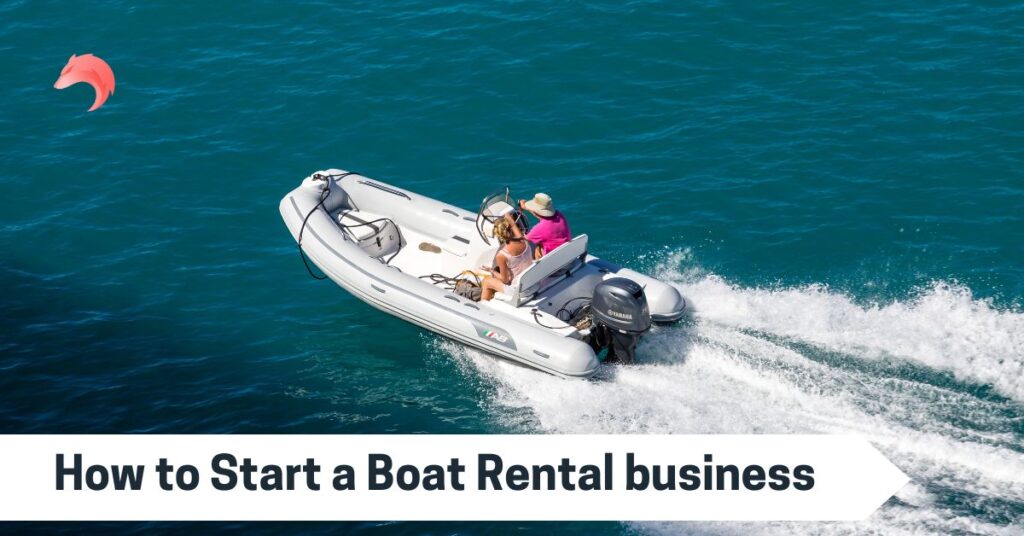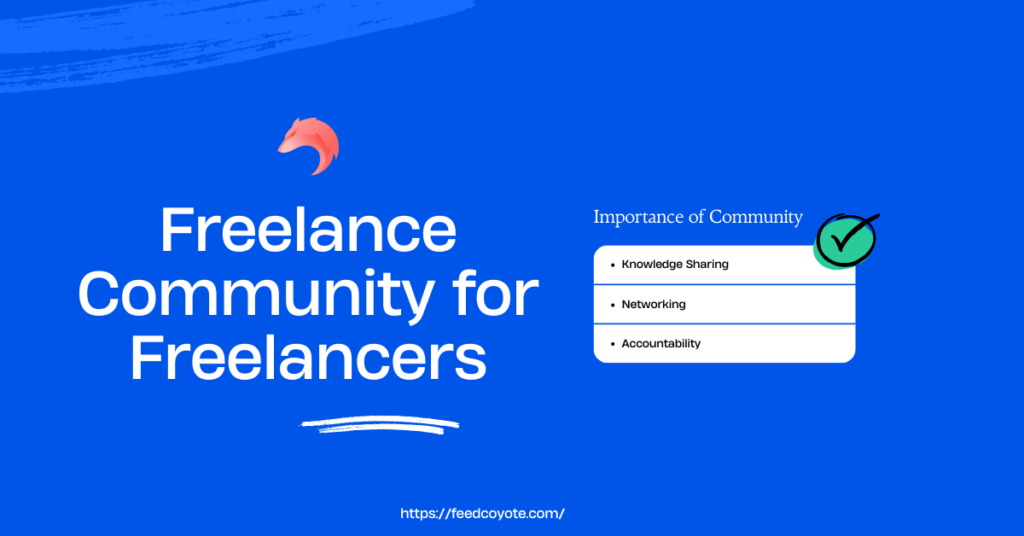The boat rental industry has experienced substantial growth in recent years, driven by the increasing demand for recreational boating activities. Whether it’s fishing, cruising along the coastline, or enjoying water sports, more and more people are opting to rent boats rather than purchasing their own. This growing trend presents a lucrative opportunity for entrepreneurs who wish to start their own boat rental business.
The allure of being out on the water, the freedom to explore different bodies of water, and the sense of adventure that comes with boating have all contributed to the rising popularity of boat rentals. Additionally, the cost and maintenance associated with owning a boat can be prohibitive for many individuals, making renting a more affordable and convenient option.
Market Research:
Market research is an essential step in starting a boat rental business. It helps you gather important information about your target market, competitors, and potential customers. By conducting thorough market research, you can make informed decisions to ensure the success of your business. Here are some key aspects to consider during this process:
1. Identify your target market: Determine who your ideal customers are and what their needs and preferences are when it comes to boat rentals. Are they families looking for a day of fun on the water, fishing enthusiasts, or adventure seekers? Understanding your target market will help you tailor your services and marketing efforts to attract the right customers.
2. Analyze the competition: Research other boat rental businesses in your area to identify their strengths, weaknesses, pricing strategies, and customer reviews. This information can help you develop a competitive advantage and differentiate your business from others in the market.
3. Assess demand and pricing: Determine the demand for boat rentals in your area by analyzing factors such as population density, proximity to bodies of water, and local tourism trends. This will help you determine the appropriate pricing strategy for your rental services.
Legal Considerations:
When starting a boat rental business, it is important to consider the legal aspects to ensure compliance with all applicable laws and regulations. Taking the necessary steps to address these legal considerations will help establish a strong foundation for your business and prevent any potential legal issues down the line. Here are some key legal considerations to keep in mind:
1. Business Structure: Decide on the most suitable business structure for your boat rental business, such as a sole proprietorship, partnership, or limited liability company (LLC). Consult with a lawyer or business advisor to determine the best option for your specific situation.
2. Licenses and Permits: Research and obtain any necessary licenses and permits required to operate a boat rental business in your area. This may include business licenses, boating permits, insurance coverage, and certifications for operating specific types of boats or offering certain activities.
3. Insurance: Purchase the appropriate insurance coverage for your boat rental business to protect against potential liabilities, damages, and accidents that may occur while customers are using your boats. Consult with an insurance provider specializing in marine or boating insurance to ensure you have adequate coverage.
4. Safety Regulations: Familiarize yourself with local, state, and federal safety regulations regarding boat rentals. Ensure that your boats meet all necessary safety standards, have the required safety equipment onboard, and that you and your staff are trained in boating safety protocols.
Types of Boats:
When starting a boat rental business, one of the most important considerations is the type of boats to offer. The choice of boats will largely depend on the target market, location, and overall business strategy. Here are some popular types of boats that can be considered for a boat rental business:
1. Pontoon Boats: Pontoon boats are spacious and stable, making them ideal for leisurely cruises on lakes and rivers. They are popular among families and groups looking for a relaxing day on the water.
2. Fishing Boats: Fishing boats are designed specifically for fishing enthusiasts. They typically have features such as rod holders, livewells, and fish finders to enhance the fishing experience.
3. Jet Skis: Jet skis are small, maneuverable watercraft that provide an exhilarating experience for individuals who enjoy speed and water sports. They are popular among thrill-seekers and can be rented out for short periods of time.
4. Sailboats: Sailboats offer a unique and tranquil experience on the water. They are suitable for individuals or groups who enjoy sailing and want to explore the coastline or engage in recreational sailing activities.
5. Speedboats: Speedboats are designed for high speed and are popular among those who enjoy water sports, such as water skiing or wakeboarding. They offer an exciting and adrenaline-filled experience on the water.
6. Yachts: Yachts are luxurious and spacious boats that are often used for special occasions, events, or leisurely cruises. They offer a high-end experience and cater to customers looking for a more upscale boating experience.
Location Matters:
When it comes to starting a boat rental business, one of the most crucial factors that can make or break its success is the location. Choosing the right location for your boat rental business can significantly impact your profitability and overall customer satisfaction.
First and foremost, you need to identify areas that have a high demand for boat rentals. Look for locations with popular waterways, lakes, or coastlines where people often engage in boating activities. This could include popular vacation destinations, waterfront tourist areas, or areas with a strong boating culture.
Consider the accessibility of the location as well. Is it easy for customers to reach? Is there ample parking or transportation options nearby? Make sure that your chosen location is convenient for both locals and tourists.
It’s also important to assess the competition in the area. Are there already established boat rental businesses nearby? If so, consider how you can differentiate your business and attract customers. Look for gaps in the market or unique selling points that can set your boat rental business apart from the competition.
Additionally, research any local regulations or permits that may be required to operate a boat rental business in your chosen location. Some areas may have specific zoning laws or restrictions on commercial boating activities
Pricing Strategies:
When starting a boat rental business, one of the most crucial aspects to consider is your pricing strategy. Setting the right prices for your boat rentals can help you attract customers, maximize revenue, and ensure long-term profitability. Here are some key factors to consider when developing your pricing strategy:
1. Market Research: Begin by conducting thorough market research to understand the current rates and trends in the boat rental industry.
2. Cost Analysis: Conduct a comprehensive cost analysis to determine the expenses associated with operating your boat rental business. Consider factors such as boat purchase or lease costs, maintenance and repair costs, insurance, fuel, storage fees, and any other relevant expenses. This will help you understand your breakeven point and set prices that cover your costs while still remaining competitive.
3. Value Pricing: Consider the value that your boat rentals provide to customers. Are you offering unique amenities or services that set you apart from competitors? If so, you may be able to justify higher prices. On the other hand, if you are targeting budget-conscious customers, offering competitive prices may be more important.
4. Seasonal Pricing: Take into account seasonal fluctuations in demand and adjust your prices accordingly.
Marketing and Branding:
Marketing and branding are crucial components of starting a successful boat rental business. Effective marketing strategies can help you reach your target audience and differentiate your business from competitors.
1. Define Your Target Market: Identifying your target market is essential for developing effective marketing campaigns. Consider factors such as location, demographics (age, income, gender), interests, and preferences. This will allow you to tailor your marketing efforts towards your specific audience.
2. Create a Strong Brand Identity: Develop a unique brand identity that reflects the values and personality of your boat rental business. This includes creating a memorable logo, choosing consistent colors and fonts, and crafting a compelling brand story.
3. Utilize Online Marketing: Establish an online presence through a professional website and social media platforms. Use search engine optimization (SEO) techniques to improve your visibility online.
To start a boat rental business, consider the accessibility of the location and whether it is easy for customers to reach. Additionally, assess the competition in the area and look for ways to differentiate your business and attract customers. Research any local regulations or permits that may be required.
When it comes to pricing strategies, conduct market research to understand current rates and trends in the boat rental industry. Conduct a comprehensive cost analysis to determine expenses associated with operating your business. Consider factors such as boat purchase or lease costs, maintenance and repair costs, insurance, fuel, storage fees, and any other relevant expenses. This will help you understand your break-even point and set prices that cover your costs while remaining competitive. Also consider the value that your boat rentals provide to customers and if you are offering unique amenities or services that justify higher prices.
Seasonal fluctuations in demand should also be taken into account when setting prices.
Marketing and branding are crucial components of starting a successful boat rental business. Define your target market by considering factors such as location, demographics (age, income, gender), interests, and preferences. Develop a strong brand identity that reflects the values and personality of your business. This includes creating a memorable logo, choosing consistent colors and fonts, and crafting a compelling brand story.
Establish an online presence through a professional website and utilize social media platforms. Use search engine optimization (SEO) techniques to improve your online visibility. Additionally, consider traditional marketing methods such as print advertisements or partnerships with local tourism organizations.
Overall, careful consideration of location accessibility, competition analysis, pricing strategies, marketing efforts, and branding will contribute to the success of your boat rental business.
Customer Service:
Customer service is a crucial aspect of any business, and starting a boat rental business is no exception. Providing exceptional customer service can make all the difference in attracting and retaining customers, ultimately leading to the success of your venture. Here are some key tips on how to deliver outstanding customer service in your boat rental business:
1. Communication: Establish clear lines of communication with your customers right from the start. Respond promptly to inquiries and provide detailed information about your services, rates, and availability. Make sure to communicate any changes or updates promptly to avoid any misunderstandings.
2. Professionalism: Maintain a professional demeanor at all times. Treat your customers with respect and courtesy, and make them feel valued and appreciated. Dress appropriately and maintain a clean and well-maintained fleet of boats.
3. Safety:
When it comes to customer service in your boat rental business, safety should be a top priority. Ensure that all of your staff members are properly trained in boating safety procedures and regulations. This includes providing thorough instructions on how to operate the boats, as well as educating customers on safety guidelines and precautions.
Booking System:
When starting a boat rental business, setting up an efficient booking system is crucial for ensuring a smooth and organized operation. A well-designed booking system not only simplifies the process for customers but also helps you manage reservations, maximize availability, and streamline your business operations. Here are some key considerations when developing a booking system for your boat rental business:
1. Online Reservation Platform: In today’s digital age, it is essential to have an online reservation platform for your boat rental business. This allows customers to easily book and pay for their boat rentals online, providing convenience and accessibility. Look for a user-friendly booking system that integrates with your website and allows customers to view availability, select their desired boat, and make secure payments.
2. Reservation Management: A robust booking system should also provide tools for managing reservations effectively , such as a calendar view of available boats, the ability to block off specific dates or times for maintenance or repairs, and the ability to easily modify or cancel reservations. This helps prevent double bookings and ensures a smooth operation.
3. Payment Processing: Choose a booking system that offers secure and reliable payment processing options. This can include accepting credit card payments online or in-person, as well as offering alternative payment methods such as online payment platforms or cash payments. Make sure to clearly communicate your payment policies and any required deposits or fees to customer
Get Started with Feedcoyote – All in One Collaboration Platform
If you need help starting your boat rental business, consider using Feedcoyote, a freelance platform that can connect you with professionals for planning, analysis and legal requirements, and more—all in one place. Building your team has never been easier with Feedcoyote’s diverse talent pool.





